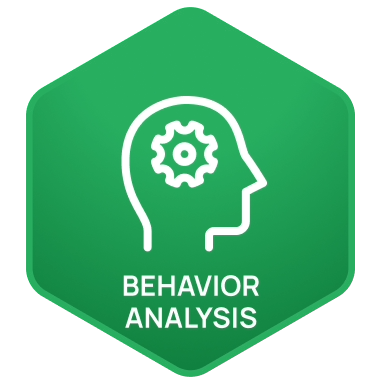About Job
- Plans and implements intervention strategies using direct therapy, monitoring and consultation under the supervision of a BCBA.
- Teaches targeted behaviors using specialized techniques that may include reward systems, incidental teaching and pivotal response training. Natural environment teaching.
- Records and tracks data from training sessions.
- Reinforces positive behavior with children on caseload.
- Communicates effectively (orally and in writing) with administrators, parents and community members.
- Provides accurate documentation of intervention, goals and objectives
- Facilitates transition among agencies, programs, and professionals as service provision changes (early intervention to pre-school, pre-school to school etc.)
- Identifies emergency situations and determines appropriate action to ensure child safety.
- Provide direct client care in 1:1 and group settings utilizing a combination of intensive teaching and natural environment training arrangements.
- Follow the prescribed behavior skill acquisition and behavior reduction protocols.
- Collect, record, and summarize data on observable client behavior
- Assist with parent and caregiver training in line with client’s individualized treatment and behavior reduction protocols.
- Effectively communicate with parents and caregivers regarding client progress as instructed by the Board Certified Behavior Analyst
- Will perform other duties as assigned.
- A bachelor’s degree in a human services field from an accredited university AND one year of direct relevant experience working with youth and families who require behavior management to address mental health needs
- An associate’s degree (60 college credits) AND a minimum of two years of direct relevant experience working with youth and families who require behavior management to address mental health needs.
- Strong organization and communication skills are required.
- Registered Behavior technician certification preferred
Professional Field
 Behavior Analysis
Behavior Analysis Other Behavioral, Mental, or Healthcare Field
Other Behavioral, Mental, or Healthcare FieldPatient Focus
Diagnoses
Avoidant Personality Disorder
Age Groups
Children (5-10)
Adolescents/Teenagers (14-19)
Therapeutic Approach
Methodologies
ECT
Modalities
Individuals
Practice Specifics
Populations
Intellectual Disabilities/Dev. Disabilities
Racial Justice Allied
School
Settings
Milieu
Home Health/In-home
Sign up for job alertsGet daily alerts for jobs relevant to you, sent to your inbox











